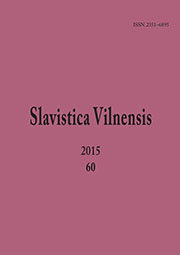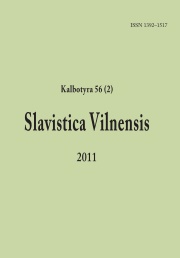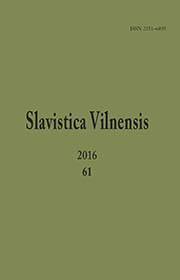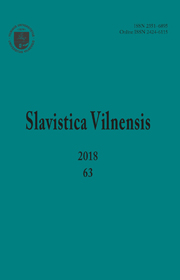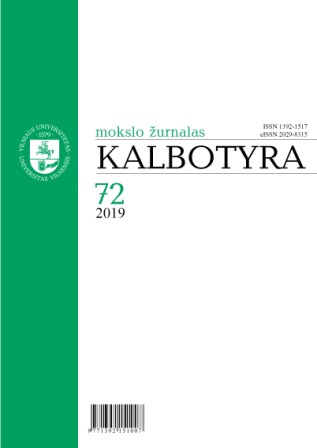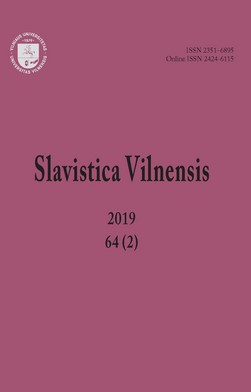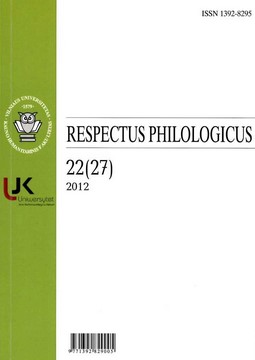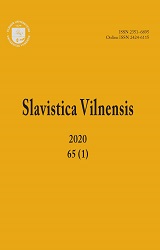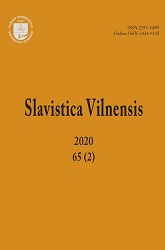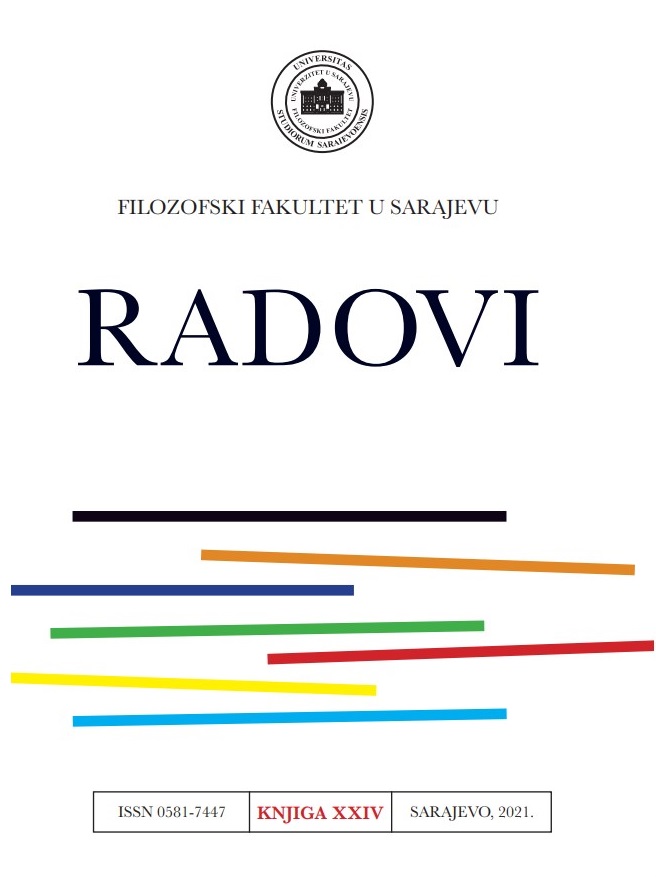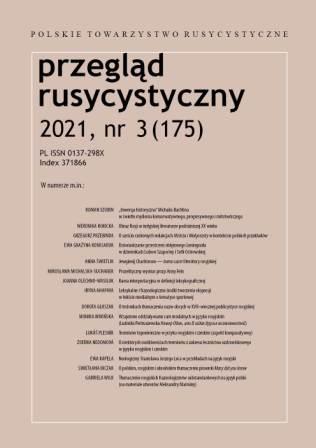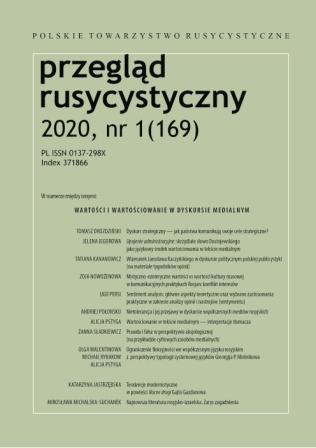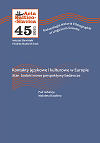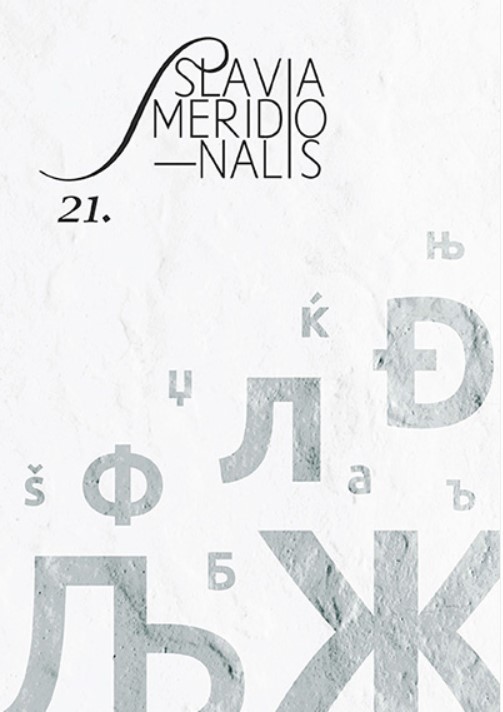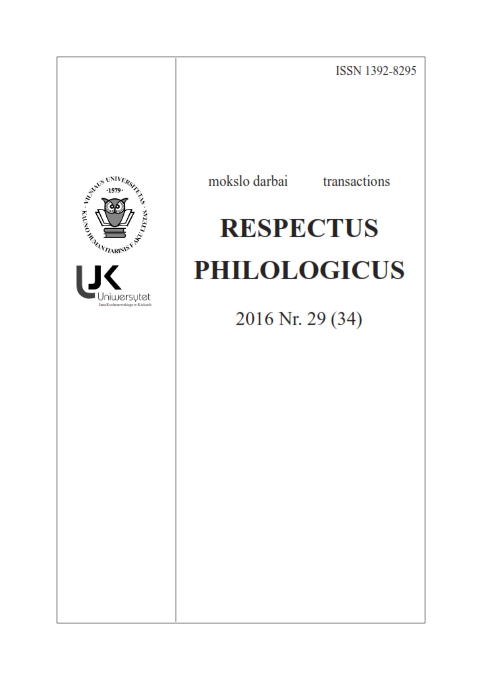
POLSKIE I BUŁGARSKIE FRAZEOLOGIZMY SOMATYCZNE MOTYWOWANE PRZEZ NAZWY CZĘŚCI CIAŁA SŁUŻĄCYCH DO MÓWIENIA
The article includes the analysis of Polish and Bulgarian somatic phrases with the meaning justified with components, i.e., the names of the parts of the body having a semantic feature of mental functions “designed for speaking” in the semantic structure. This semantic feature is very productive, and it justified the meaning of a few hundred of collected phrases in both languages. The most productive ones are NA: usta – уста, човка and język, jęzor, ozór – език, much less: ząb, zęby – зъб, зъби, wargi – устни, джуки, nos – нос and gardło – гърло. Moreover, in Polish, as opposed to Bulgarian, the functional semantic feature “designed for speaking” was distinguished in the structure of a few other NA: ślina, piersi “klatka piersiowa” and płuca. However, in Bulgarian, this function was as well ascribed to NA: чене, мустаци. The analysed somatic phrases concern two categories: silence and speaking (characterized in terms of starting the action of speaking, the content of the utterance and the manner of speaking). The article demonstrates the characteristics of the motivation of the semantics of the collected phrases in each of the compared languages (e.g. the motives of horse-riding in Polish, the motives of damaging and using up the organs of speech, the motive of fight etc.).
More...
